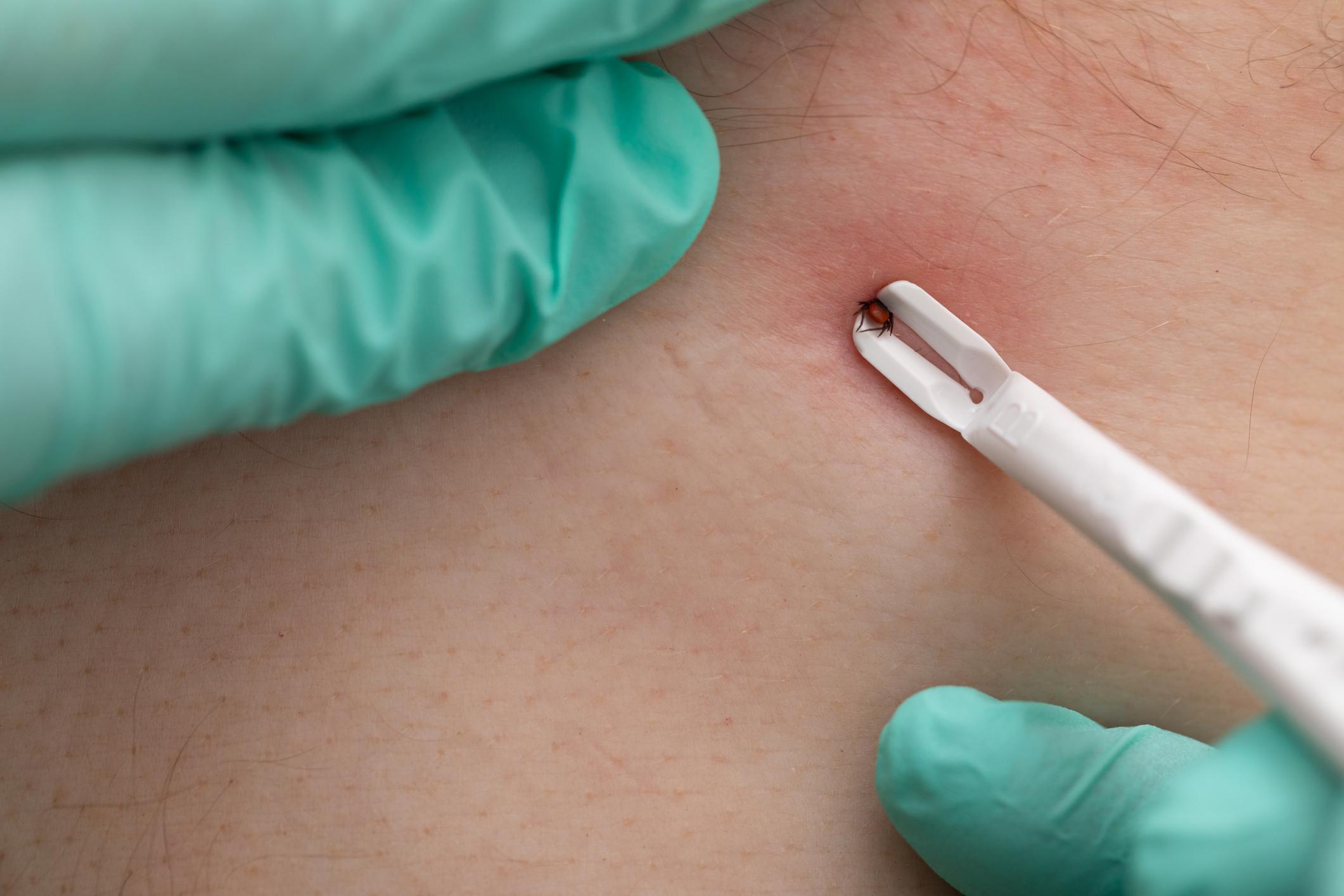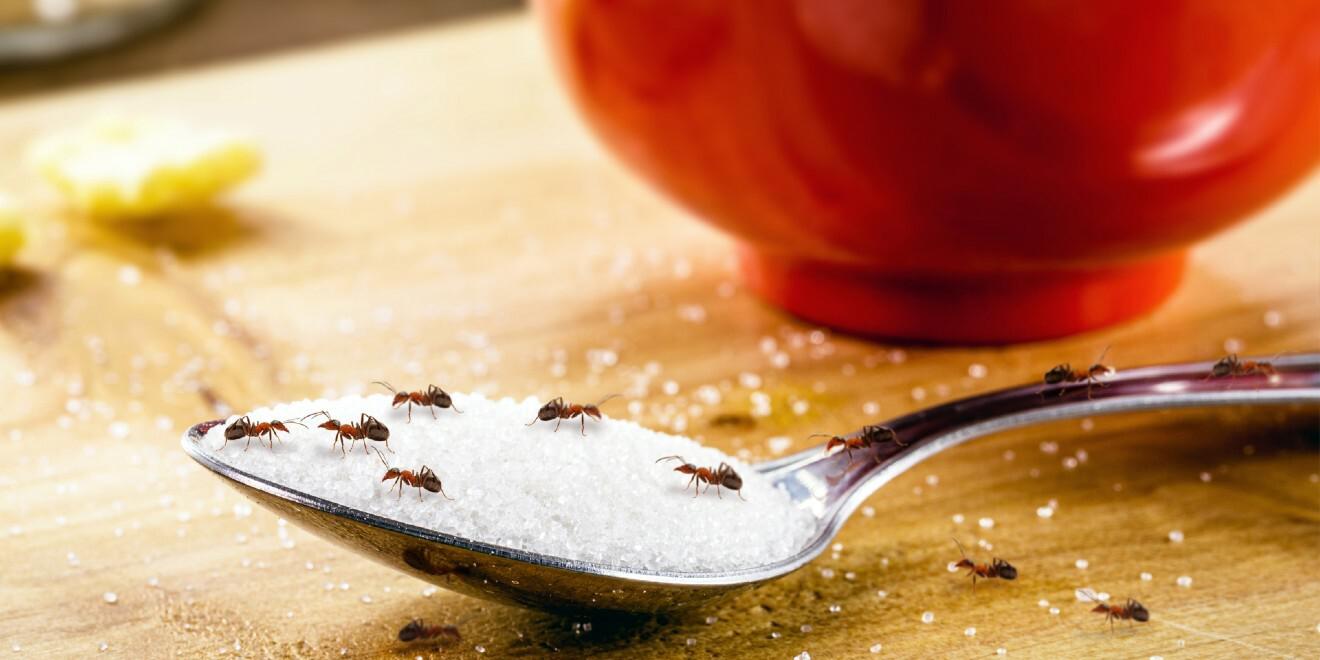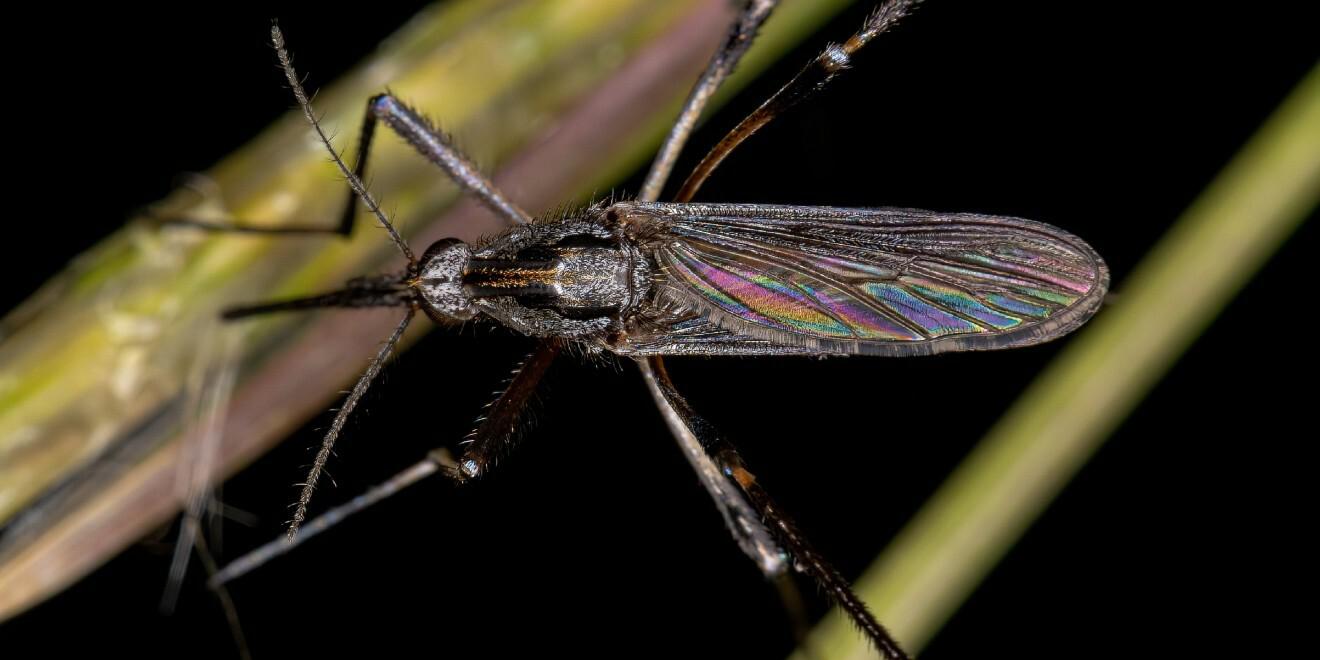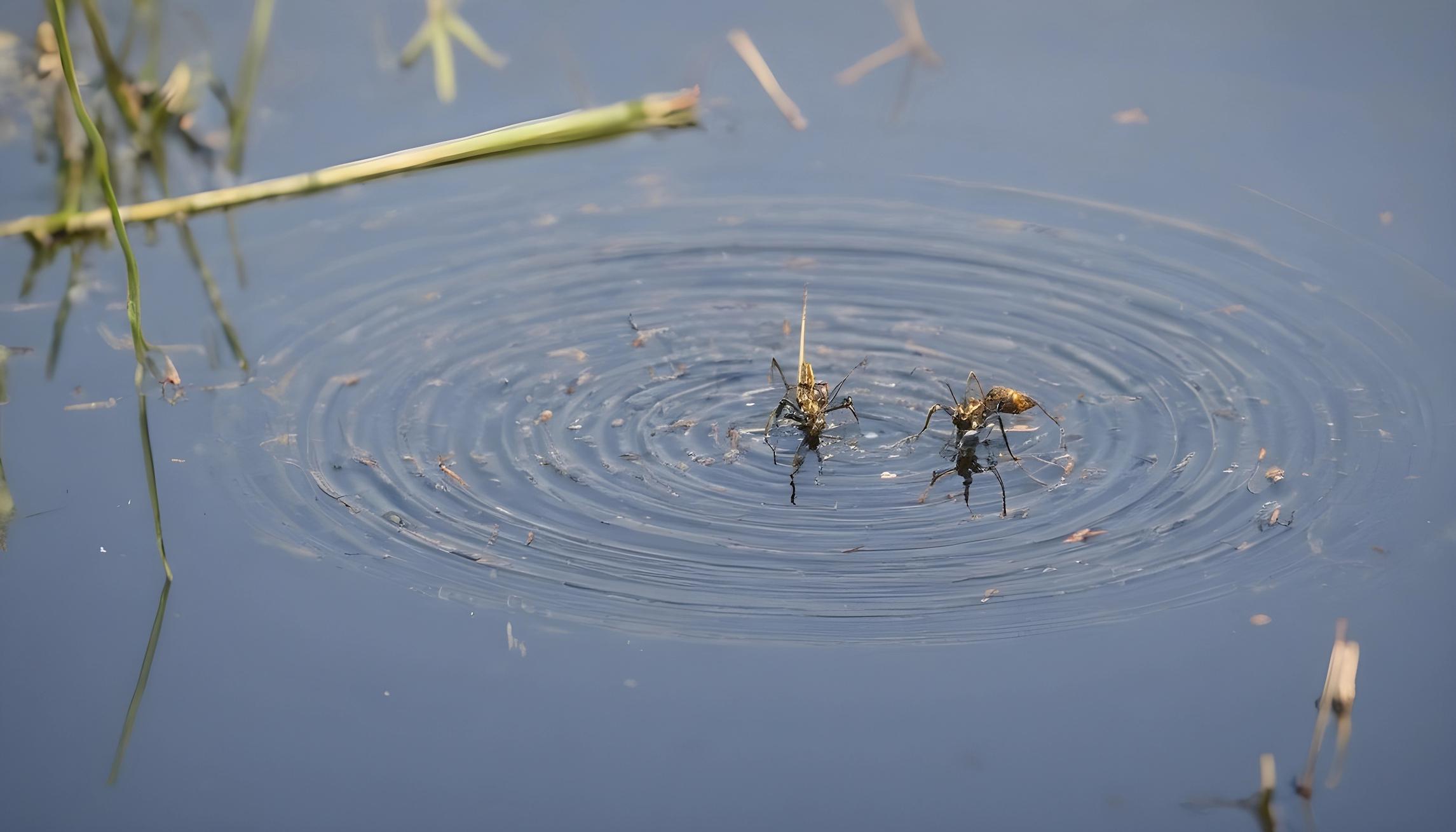New Study Provides Insight on How Mosquitoes Transmit Malaria
Posted by Mosquito Squad
January 31, 2015
Malaria is one of the most serious and sometimes fatal diseases that plague our world. Caused by a parasite which infects certain species of mosquitoes, it is then spread as the mosquito feeds on humans. In the United States, there are approximately 1,500 cases of malaria diagnosed annually with the vast majority of those infected being travelers and immigrants. The World Health Organization estimated in 2010, 219 million clinical cases of malaria occurred, and over 660,000 people died of the disease, most of who were African children.
Researchers Provide Insight on How Mosquitoes Transmit Malaria
So when we hear the news that researchers have discovered the genetic sequence of 16 mosquitoes (the sole carriers of malaria in humans) of the Anopheles genus species, we get excited as this could mean greater insight on how mosquitoes transmit malaria.
An international team including scientists from the Simon Fraser University in Canada have reconstructed the ancestral mosquito genomes to analyze the evolution of their chromosomes over the past hundred million years. They are hoping knowledge gained from this reconstruction will enable them to unravel potential adaptation mechanisms that have assisted the transmission of malaria in humans. Through this research, they also want to determine what the genetic differences are between species that make some of these parasites just annoying pests and others that are toxic to our health.
We have known that malaria transmitted in humans is only caused by mosquitoes of the Anopheles genus species, but it has recently been discovered that not all parasites of this species are efficient carriers of the disease. Simon Fraser University mathematician, Cedric Chauve, believes this is due to an underlying genetic characteristic which “results in a variation of key traits determining transmission capacity within the genus.” He further adds that this is incredibly useful information as there is “no way we could sequence the genomes of long-dead ancestral mosquitoes species, without precious data from current species that was supplied by the biological team.”
The international research team responsible for analyzing the genetic sequences of these 16 mosquito species consists of over 100 biologists, immunologists, infectious disease specialists, computational mathematicians, and geneticists.
While the World Health Organisation reports mortality rate is decreasing worldwide due to mosquito control strategies having a degree of success, these latest findings will provide a greater understanding into genomic adaptability of mosquitoes and possibly leading to more scientific discoveries that will help end the devastating effects malaria has on our population.















